Sunak under scrutiny: the six times the PM has been investigated
Prime minister has found himself in the spotlight for Partygate, his wife’s tax status, his US green card and other conflicts of interest
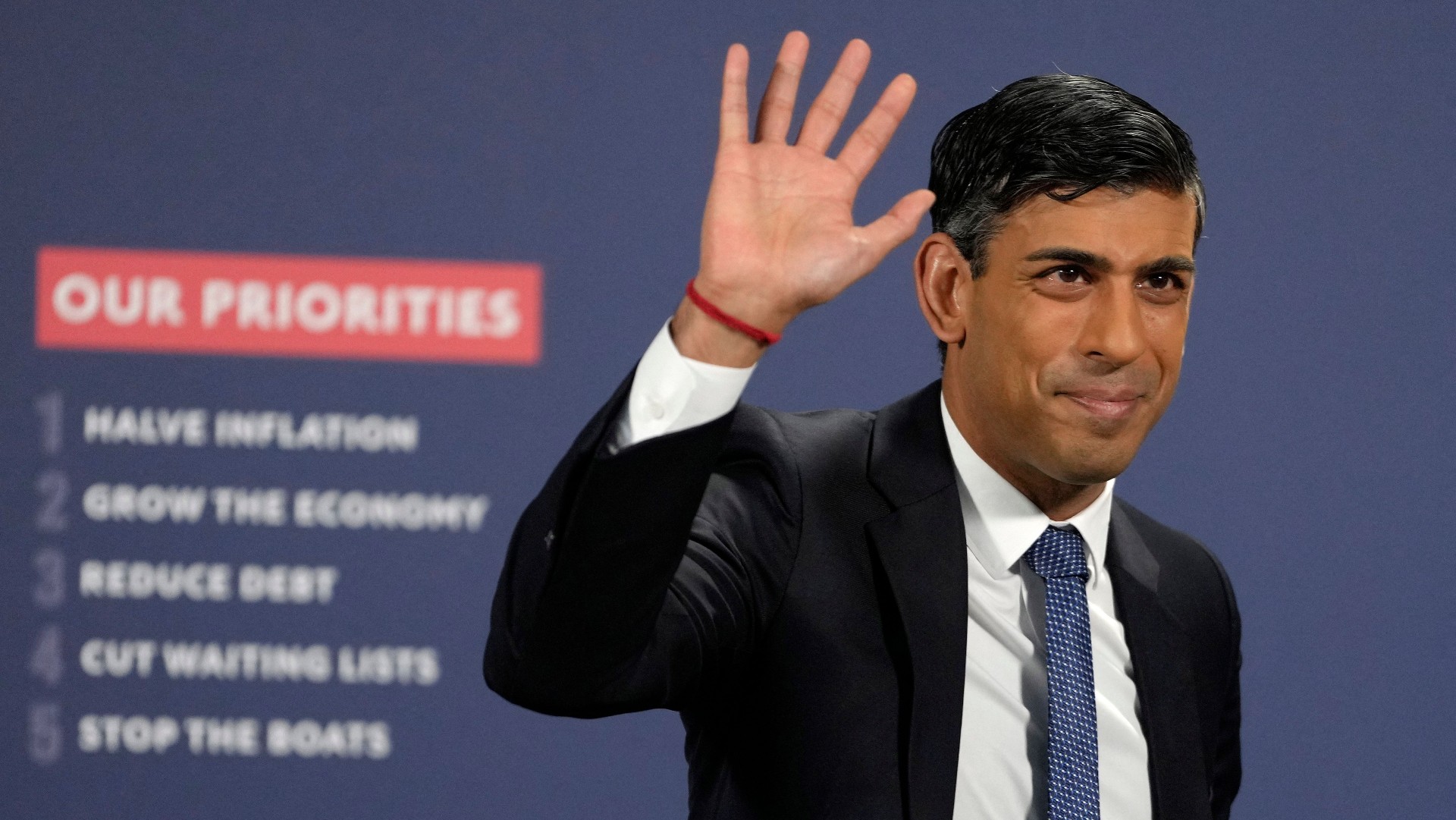
A free daily email with the biggest news stories of the day – and the best features from TheWeek.com
You are now subscribed
Your newsletter sign-up was successful
Parliament’s ethics watchdog will investigate whether Rishi Sunak failed to declare a potential conflict of interest, in the sixth major scrutiny the prime minister has faced in the past year.
Downing Street sources told Sky News that the probe by the parliamentary commissioner for standards is likely to be connected to a childcare firm in which Sunak’s wife, Akshata Murty, is a shareholder. The company, Koru Kids, could stand to benefit from plans announced in the recent budget.
In his first prime ministerial speech, Sunak promised to bring back “integrity, professionalism and accountability at every level”, which has made him “especially vulnerable to ethics accusations”, said The Independent.
The Week
Escape your echo chamber. Get the facts behind the news, plus analysis from multiple perspectives.

Sign up for The Week's Free Newsletters
From our morning news briefing to a weekly Good News Newsletter, get the best of The Week delivered directly to your inbox.
From our morning news briefing to a weekly Good News Newsletter, get the best of The Week delivered directly to your inbox.
1. Koru Kids
Sunak faced questions over his wife’s shares in the Koru Kids company at a parliamentary committee hearing on 28 March, and was asked if there was anything to declare about incentives offered to childcare agencies. He replied: “No, all of my disclosures are declared in the normal way.”
A few days later, he wrote to the committee to clarify that his wife’s shares in Koru Kids had been declared to the Cabinet Office.
The inquiry will investigate whether Sunak obeyed two obligations: to declare the connection as a ministerial interest; and to declare it when speaking to MPs about it.
“The prime minister has set out in his response to the Liaison Committee that he is confident the appropriate process has been followed to avoid or mitigate any potential conflict of interest”, his spokesperson told BBC News.
A free daily email with the biggest news stories of the day – and the best features from TheWeek.com
2. Partygate
In April last year, Sunak and then prime minister Boris Johnson were fined for breaking Covid lockdown rules, over a Downing Street birthday party for Johnson in June 2020.
This was the first time a UK prime minister and a chancellor had received fixed-penalty notices for breaking the law. Although a fixed-penalty notice is not a criminal offence, refusing to pay the fine can result in prosecution.
Sunak had not been invited to the impromptu gathering, sources told The Times. The chancellor was in attendance purely because “he was arriving for a Covid meeting”.
Sunak said he was “extremely and sincerely sorry” for “the hurt and anger” that the incident had caused. “I understand that for figures in public office the rules must be applied stringently in order to maintain public confidence,” he said.
There were reports that he had to be “talked out of quitting”, said Sky News, when it took him “around seven hours” to issue an apology, but Sunak denied this.
3. Dog off lead
Police spoke to Sunak’s family in March after a video emerged of their dog roaming free in Hyde Park.
A TikTok clip showed Sunak’s two-year-old Labrador retriever, Nova, walking by the Serpentine lake in the London park. Signs demanding that dogs must be kept on a lead to avoid disturbing wildlife were visible in the video.
“An officer, who was present at the time, spoke to a woman and reminded her of the rules,” said a Metropolitan Police spokesperson, referring to Sunak’s wife. No further action was taken.
4. Failure to wear seatbelt
In January, Sunak received his second fixed-penalty notice for failing to wear a seatbelt in a moving car.
A video filmed during a trip across the north of England was posted to the prime minister’s Instagram account, showing him without a seatbelt on.
Lancashire Constabulary issued him with a fixed penalty of an unspecified amount. Failing to wear a seatbelt can result in a £100 fine, which can increase to £500 if it goes to court.
Dominic Raab, deputy prime minister and justice secretary, told BBC Breakfast that Sunak was “a human being doing a demanding job” who had “made a mistake on the seatbelt issue”.
Downing Street said Sunak would pay the fine, “but this mess-up is likely to stick with him”, said Laura Kuenssberg, BBC presenter and political editor at the time.
5. Non-dom wife
In April 2022, The Independent revealed that Sunak’s millionaire wife Akshata Murty was still claiming non-domiciled status, lowering her tax bill, after her husband had been put in charge of the nation’s taxes as chancellor.
Murty is the daughter of the billionaire founder of Infosys, an Indian tech company with a market value of about $63bn.
The non-dom status, which typically applies to people born overseas who do not consider the UK their permanent residence, could have saved her “millions of pounds in tax on foreign earnings over several years”, sources told the paper.
Murty’s spokesperson said she had claimed it due to her Indian citizenship, but has since renounced the remittance basis “and promised to start paying British taxes on all her worldwide income”, according to The Independent.
6. US green card
Sunak admitted in April last year that he still held a US green card when he became chancellor.
He had acquired the card, which grants the holder permanent US resident status, while living in America before entering politics. Green-card holders have to file US tax returns even if they don’t live there.
His spokesperson said that he returned it on his first trip to the US as UK chancellor, in October 2021, but it is unclear why he did not do so when he became chancellor in February 2020.
“There has still not been an adequate explanation” of why he kept his green card for six years while as an MP, including 19 months as chancellor, said The Guardian, but that “it does not seem that the move gave him tax advantages”.
Harriet Marsden is a senior staff writer and podcast panellist for The Week, covering world news and writing the weekly Global Digest newsletter. Before joining the site in 2023, she was a freelance journalist for seven years, working for The Guardian, The Times and The Independent among others, and regularly appearing on radio shows. In 2021, she was awarded the “journalist-at-large” fellowship by the Local Trust charity, and spent a year travelling independently to some of England’s most deprived areas to write about community activism. She has a master’s in international journalism from City University, and has also worked in Bolivia, Colombia and Spain.
-
 Local elections 2026: where are they and who is expected to win?
Local elections 2026: where are they and who is expected to win?The Explainer Labour is braced for heavy losses and U-turn on postponing some council elections hasn’t helped the party’s prospects
-
 6 of the world’s most accessible destinations
6 of the world’s most accessible destinationsThe Week Recommends Experience all of Berlin, Singapore and Sydney
-
 How the FCC’s ‘equal time’ rule works
How the FCC’s ‘equal time’ rule worksIn the Spotlight The law is at the heart of the Colbert-CBS conflict
-
 Labour's plan for change: is Keir Starmer pulling a Rishi Sunak?
Labour's plan for change: is Keir Starmer pulling a Rishi Sunak?Today's Big Question New 'Plan for Change' calls to mind former PM's much maligned 'five priorities'
-
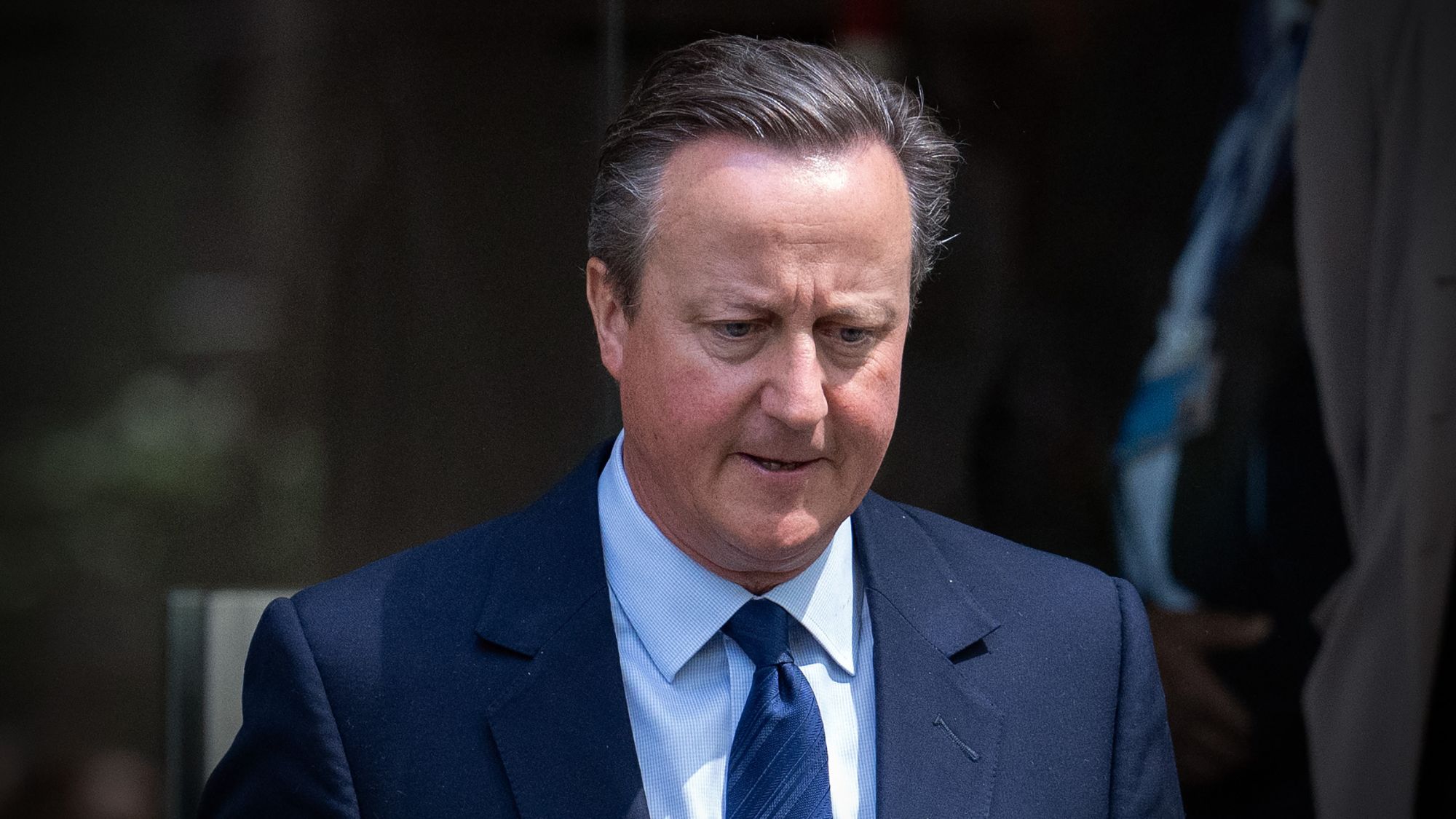 David Cameron resigns as Sunak names shadow cabinet
David Cameron resigns as Sunak names shadow cabinetSpeed Read New foreign secretary joins 12 shadow ministers brought in to fill vacancies after electoral decimation
-
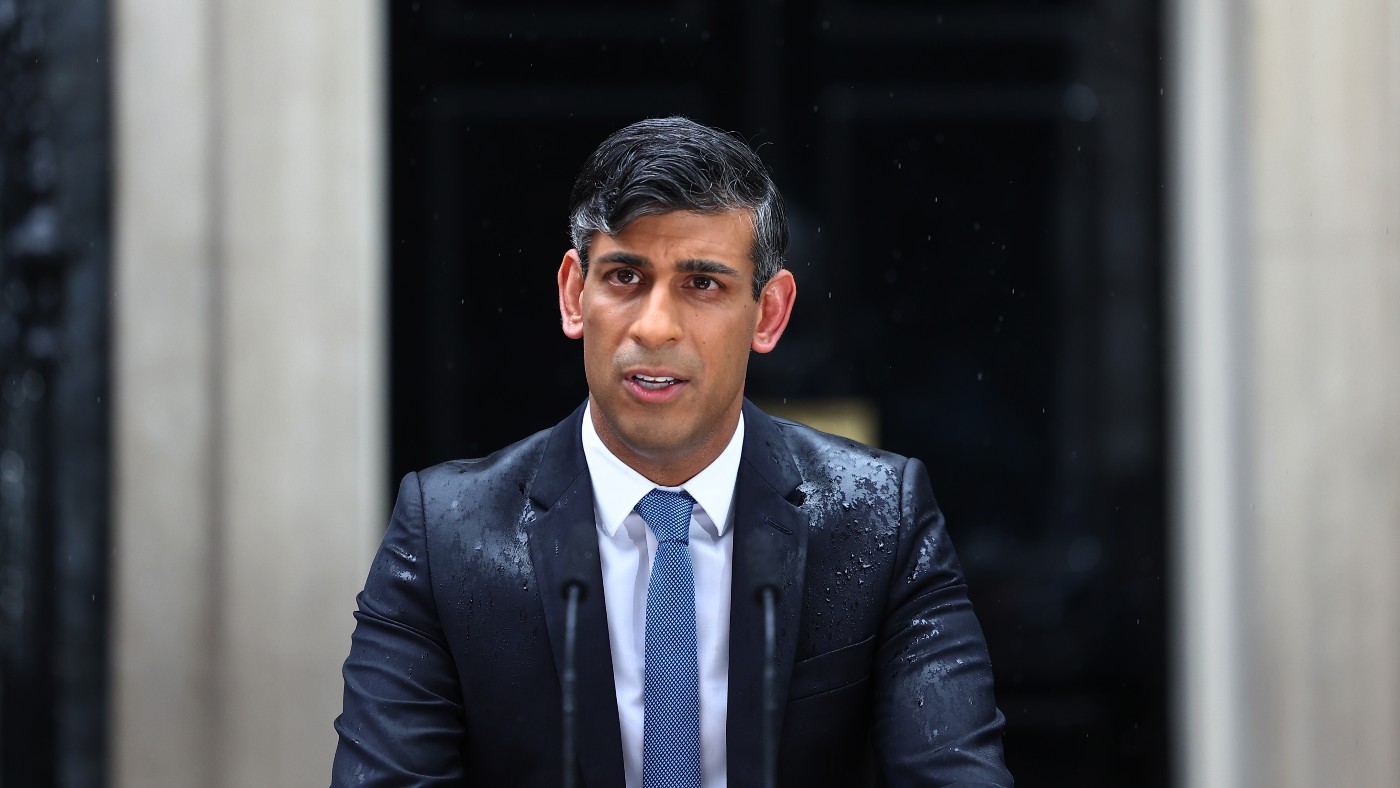 The five moments it went wrong for the Tories
The five moments it went wrong for the ToriesIn Depth From Partygate to the budget that broke Britain, the pivotal points in the Conservative Party's decline
-
 General election: Britain heads to the polls
General election: Britain heads to the pollsIn depth Voters have remained 'curiously unengaged' throughout a campaign which seems to many like a foregone conclusion
-
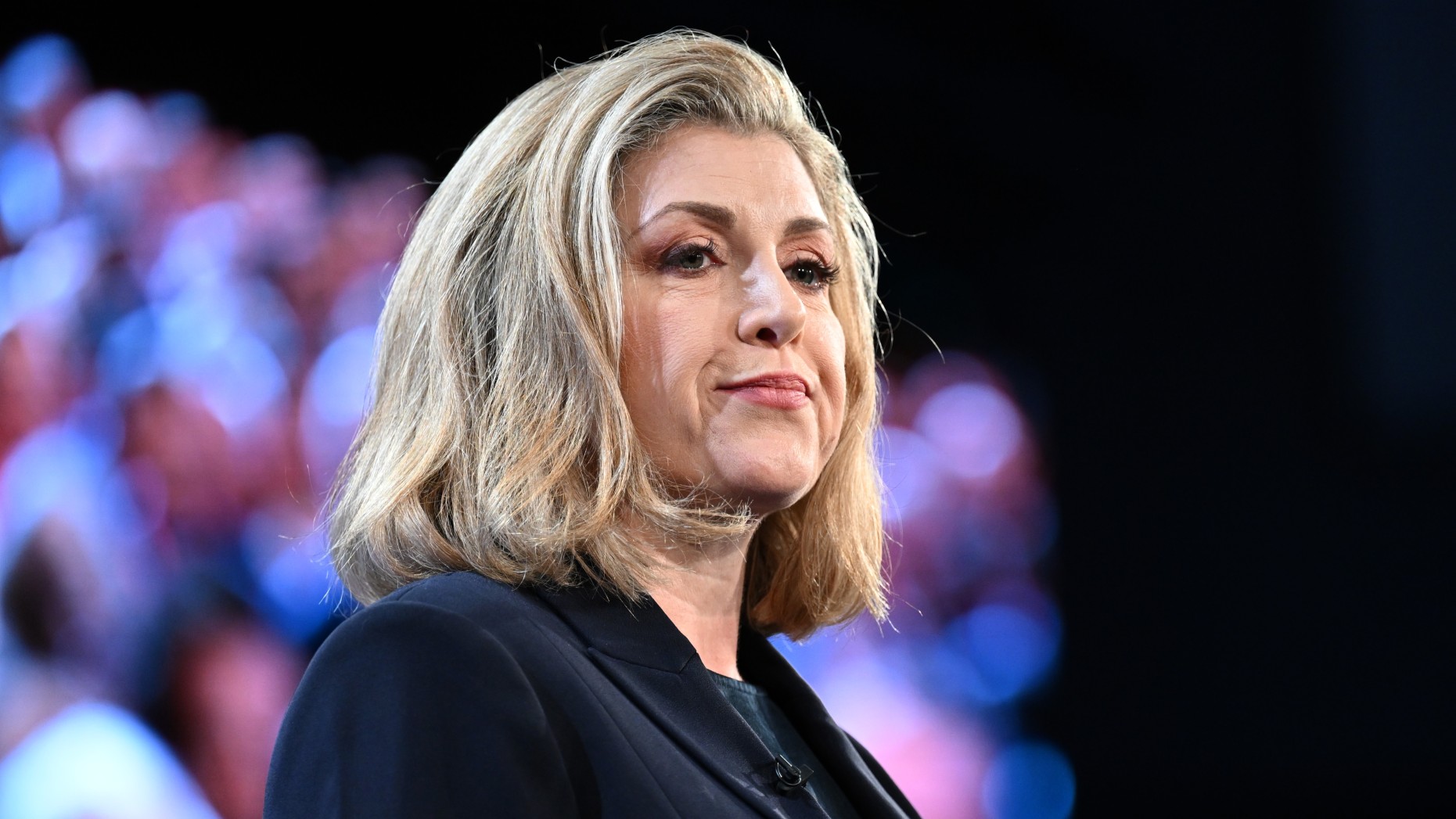 Bellwether seats and 'big beasts' at risk: how election night will unfold
Bellwether seats and 'big beasts' at risk: how election night will unfoldIn the Spotlight Excitement will 'really ramp up' as key constituencies declared through the night
-
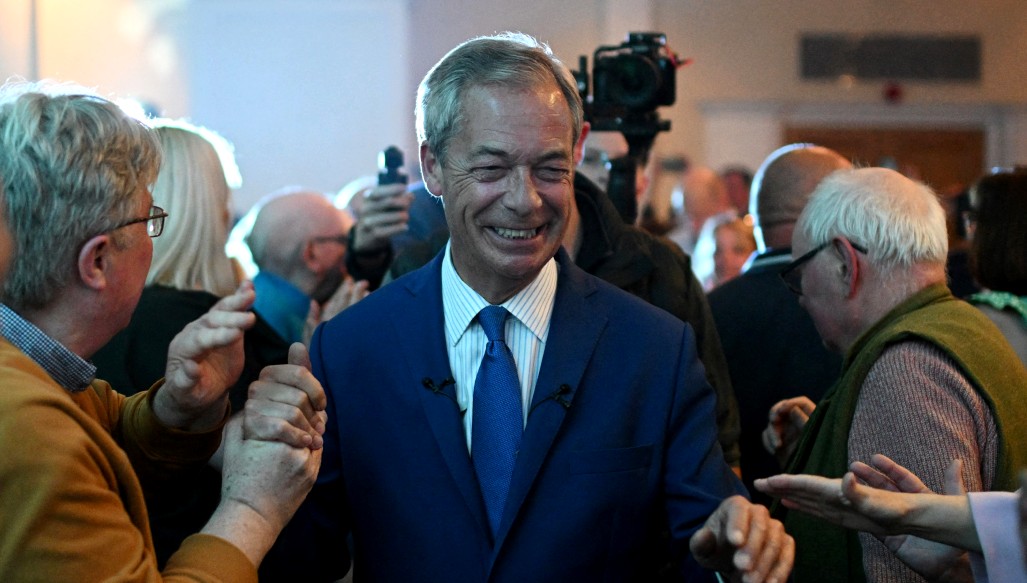 First-past-the-post: time for electoral reform?
First-past-the-post: time for electoral reform?Talking Point If smaller parties win votes but not seats, the 2024 election could be a turning point for proportional representation
-
 General election: will tactical voting make a difference?
General election: will tactical voting make a difference?The Explainer There is a 'mixed mood' within parties about the capability of voting tactically
-
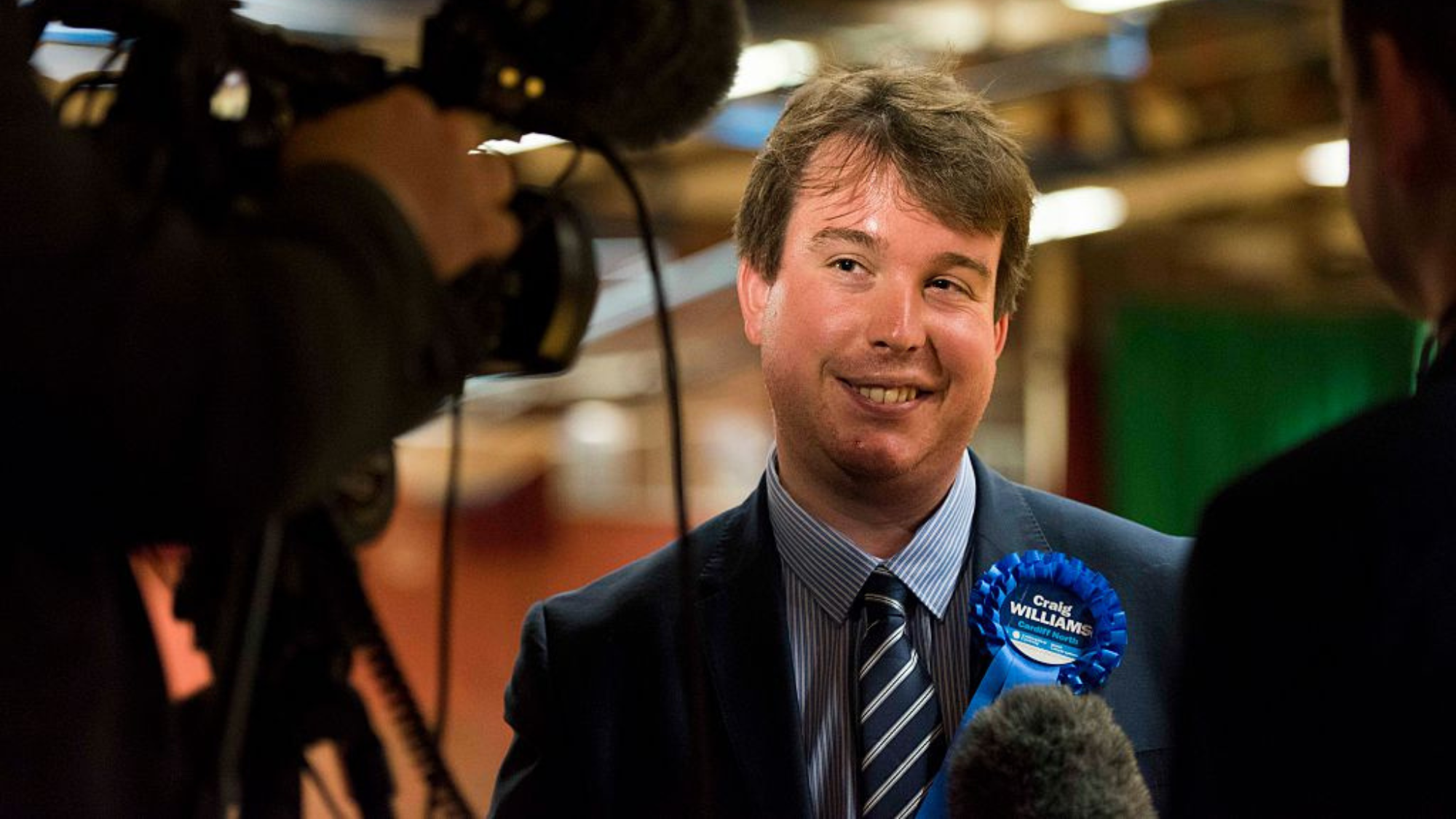 Top Sunak aide Craig Williams bet on general election date
Top Sunak aide Craig Williams bet on general election dateSpeed Read Parliamentary private secretary to the PM apologises for £100 'flutter' as gambling watchdog inquiry gets underway